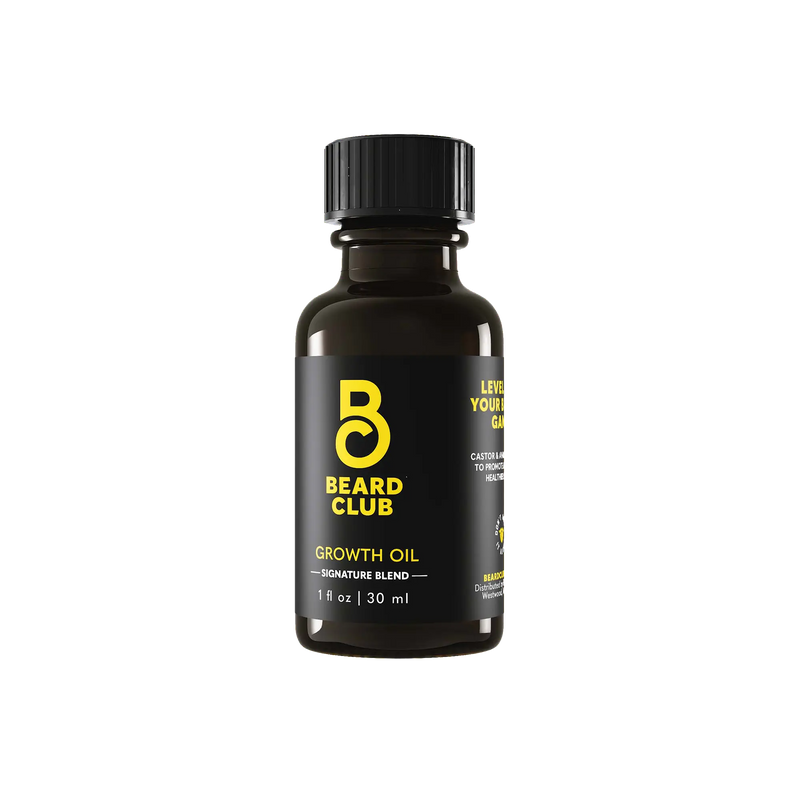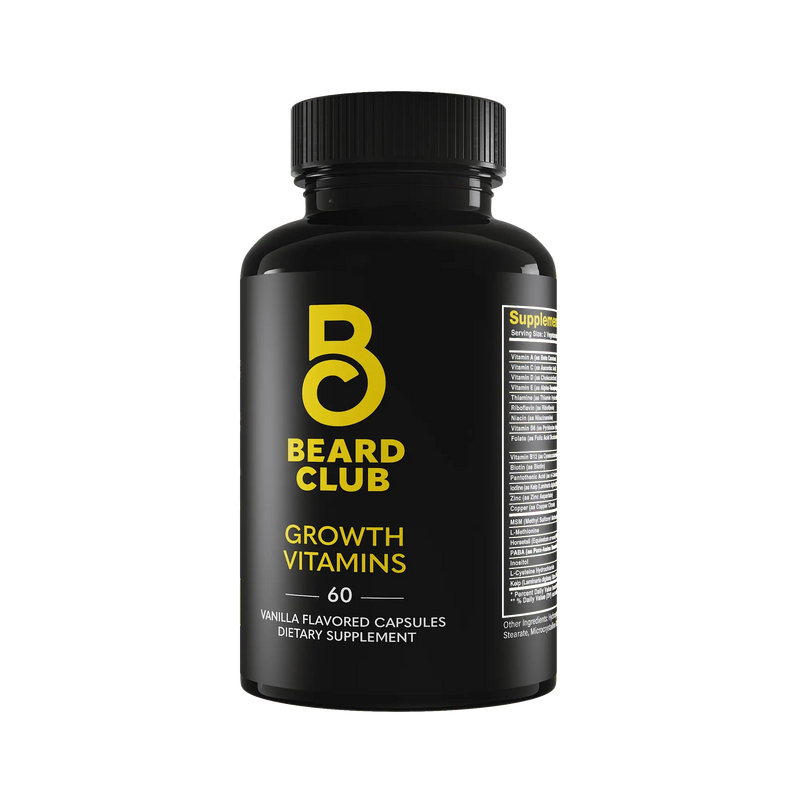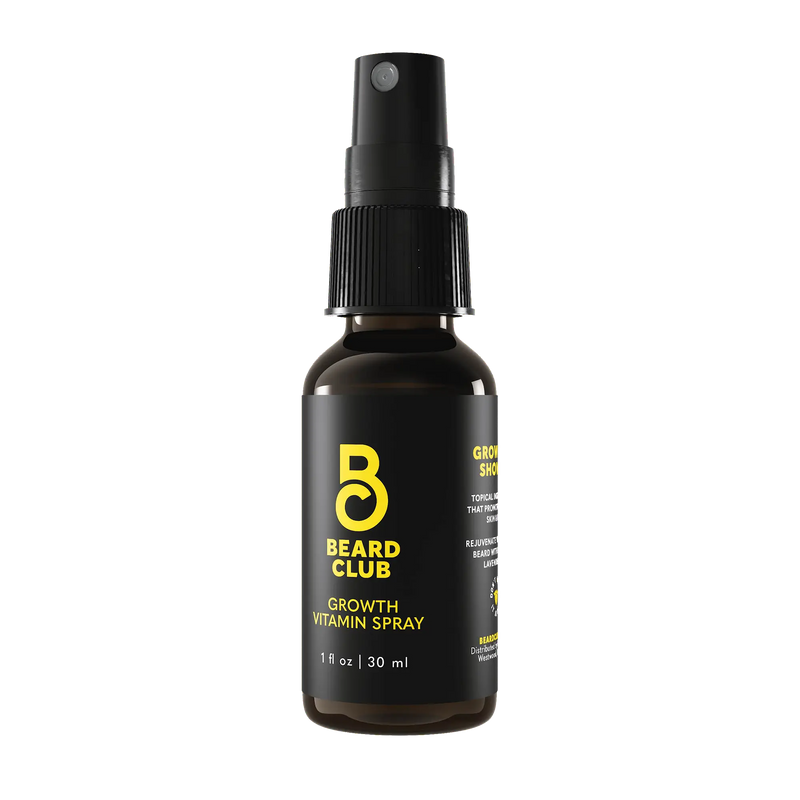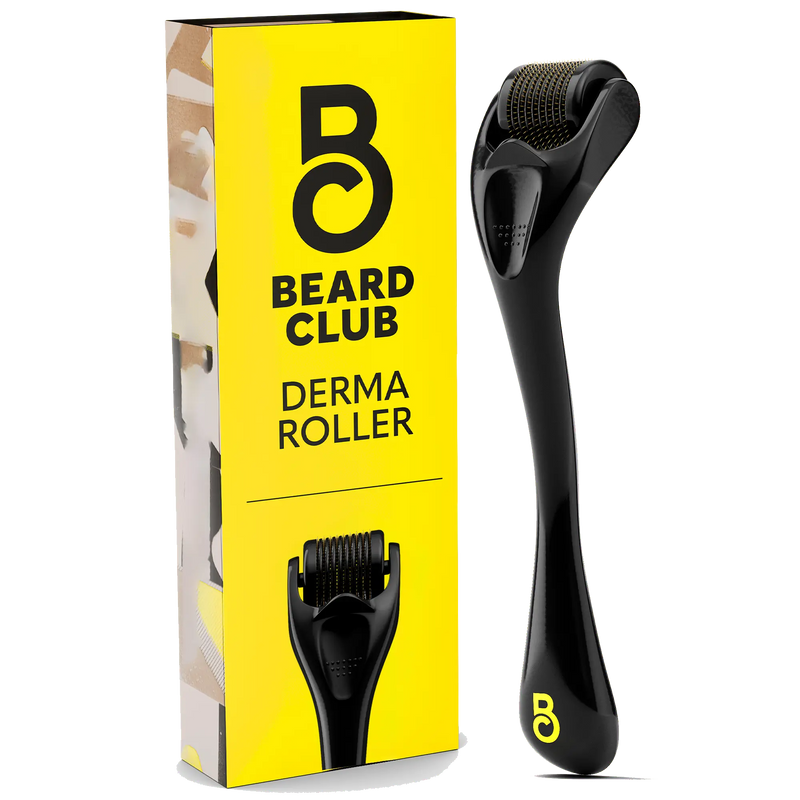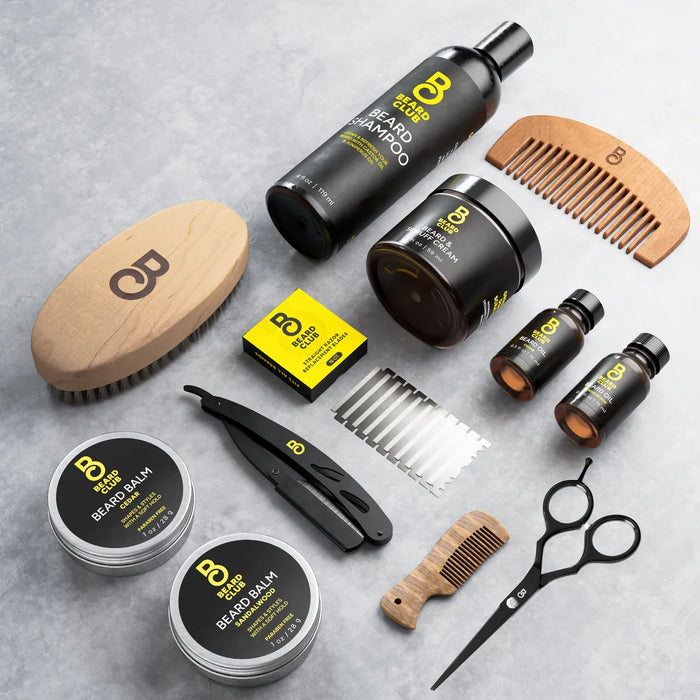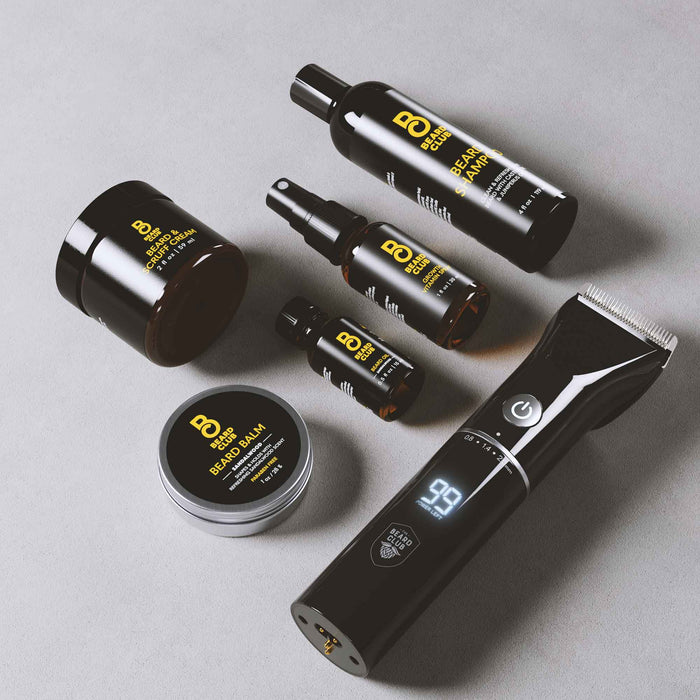Should I Wash My Face Before or After Shaving?
Shaving is a necessary routine for men to keep themselves looking sharp. However, the quality of your shave can vary based on several factors, including the condition of your skin before you start.
While it may seem like a small detail, washing your face step can impact the comfort, closeness, and overall results of your shave.
In this post, we'll share why washing your face before shaving is the way to go, how it benefits your skin, and how to do it effectively for the best shave possible.
What Is the Science Behind Washing Your Face Before Shaving?
Your skin is a complex organ constantly exposed to environmental factors like dirt, oil, sweat, and pollutants.
Throughout the day, these impurities accumulate on your skin’s surface, forming a barrier that can interfere with the effectiveness of your shave. Plus, your skin naturally produces sebum, an oily substance that can clog your pores and contribute to the buildup of dead skin cells.
When you shave without washing your face first, you’re dragging your razor over this layer of dirt and oil, which can lead to some issues.
For one, the razor may not glide smoothly, increasing the risk of nicks, cuts, and razor burn. Shaving over dirty skin can also push bacteria into your pores, leading to irritation and breakouts.
Why Do You Need Water for a Smooth Shave?
Water plays a vital role in preparing your skin and beard for shaving.
When you wash your face, the warm water softens your facial hair, which makes it easier for the razor to cut hair follicles without tugging or pulling. This effect is especially important for men with coarse or thick facial hair. Softened hair is more pliable and less resistant to the razor, resulting in a smooth, close shave without a million passes.
Washing your face with warm water also helps to open your pores, which allows for a deeper cleanse and removal of impurities. This step ensures that your shaving cream or gel can penetrate effectively, providing lubrication and protection throughout your shave.
What Are the Benefits of Washing Your Face Before Shaving?
Shaving over dry, dirty skin can create friction and drag, leading to uncomfortable post-shave symptoms like redness, itching, and a burning sensation. By washing your face first, you create a clean, smooth surface that allows the razor to glide effortlessly over your skin, reducing the likelihood of irritation.
Reduces the Risk of Ingrown Hairs
Ingrown beard hairs can be a pest for men who shave regularly. They happen when hair curls back into the skin instead of growing outward, resulting in painful bumps and inflammation.
Washing your face before shaving helps exfoliate the skin, removing dead skin cells that can trap hair and encourage ingrown hairs. A clean, exfoliated surface ensures the razor cuts hair cleanly and evenly, minimizing the chances of this annoying condition.
Promotes a Close Shave
Most men want a close, 007-style shave, and washing your face beforehand can help you master it. As we said, washing with warm water softens your facial hair, making it easier for the razor to cut through with precision. That means you can achieve a close shave without having to go back multiple times, reducing the risk of irritation and damage.
Enhances the Effectiveness of Shaving Products
Shaving creams, gels, and foams are designed to provide lubrication, protect the skin, and enhance your razor's glide.
However, these products work best when applied to clean skin. If you skip a face wash, the oils and impurities on your skin can interfere with the performance of your shaving products, limiting their effectiveness. Washing your face guarantees that your shaving products can be properly applied to your skin and hair, providing optimal protection and moisture.
How To Properly Wash Your Face Before Shaving
The first step in washing your face before shaving is choosing the right cleanser.
Avoid harsh soaps or cleansers that can strip your skin of its natural oils, leaving it dry and irritated. Instead, opt for a gentle, moisturizing facial cleanser designed to remove dirt and oil without disrupting your skin’s natural balance. If you have sensitive skin, look for a fragrance-free cleanser formulated for your skin type.
Use Warm Water
Warm water is a must when preparing your skin and beard for shaving. It helps open your pores, soften facial hair, and loosen any dirt and debris on the skin’s surface.
Start by splashing warm water on your face, or consider washing your face in the shower for a more thorough cleanse. The steam from the shower can further soften your beard and open your pores, which makes the shaving process a breeze.
Massage the Cleanser Into Your Skin
Apply a small amount of beard and facial wash to your fingertips and gently massage it into your skin using circular motions. Focus on areas where oil and dirt accumulate, such as your forehead, nose, and chin. Take your time with this step, as massaging the cleanser into your skin helps lift dirt and impurities from your pores.
Rinse Thoroughly
Once you’ve cleansed your face, rinse with warm water to remove all traces of the cleanser. Make sure there’s no residue left on your skin, as this can interfere with your shaving cream or gel. After rinsing, gently pat your face dry with a clean towel and avoid rubbing, which can irritate the skin.
Apply Shaving Cream or Gel
Now that your face is squeaky clean, it’s time to apply your favorite shaving cream or gel. Choose one designed for your skin type that provides lubrication. Apply an even layer to your face, covering all areas you plan to shave. Allow the product to sit for a minute or two to soften your hair and create a protective barrier between your skin and the razor.
What Are Additional Tips for the Best Shaving Experience?
If you want to start shaving like a total pro, follow these tips. They won’t add much time to your routine, and the payoff will make the extra effort well worth it.
Regularly Exfoliate

In addition to washing your face before shaving, consider exfoliating your beard area and face a couple times a week.
Exfoliation before you shave helps remove dead skin cells that can clog your pores and contribute to ingrown hairs. Use a gentle exfoliating scrub or a facial brush to remove dead skin, revealing a smooth shaving surface. However, if you have sensitive skin, you may opt to avoid exfoliating on the same day that you shave since it could irritate your skin.
Use a Sharp Razor
A dull razor can cause more harm than good, encouraging nicks, cuts, and an uneven shave. Always use a sharp, clean razor to ensure a smooth, comfortable shave. If you notice that your razor is tugging at your hair or not cutting as efficiently, it’s time to replace the blade.
Shave in the Right Direction
To minimize irritation, shave in the direction of hair growth. This will often help you achieve a close shave. Shaving against the grain can increase the risk of razor burn, cuts, and ingrown hairs.
If you need a closer shave, consider doing a second pass in the same direction or at a slight angle rather than going directly against the grain.
Finish With a Post-Shave Routine

After shaving, treat your skin to some R&R. Rinse your face with cool water to close your pores, then apply an alcohol-free aftershave or a moisturizing beard balm. This step helps reduce redness, irritation, and dryness, leaving you feeling like a new man.
Shave With Confidence
Washing your face before shaving is a simple yet crucial step that can make a massive difference in the quality of your shave.
By removing dirt, oil, and impurities, softening your facial hair, and preparing your skin, you can achieve a close, smooth shave while avoiding irritation and discomfort. Incorporate this step into your shaving routine to start grooming like a pro.
A great shave starts with great skincare, so take the time to prepare your face before you reach for the razor. For more inside intel on all things shaving and grooming, check out the rest of our resources at The Beard Club. Your facial hair will thank you for it.
Sources:
Skin explained | Better Health Channel
Sebaceous Glands: Function, Location & Secretion | Cleveland Clinic
Face washing 101 | American Academy of Dermatology
Skin Rash: Types, Symptoms, Causes, Diagnosis & Treatments | Cleveland Clinic

